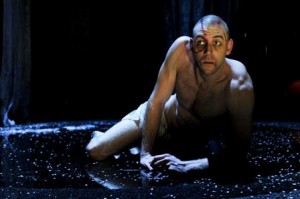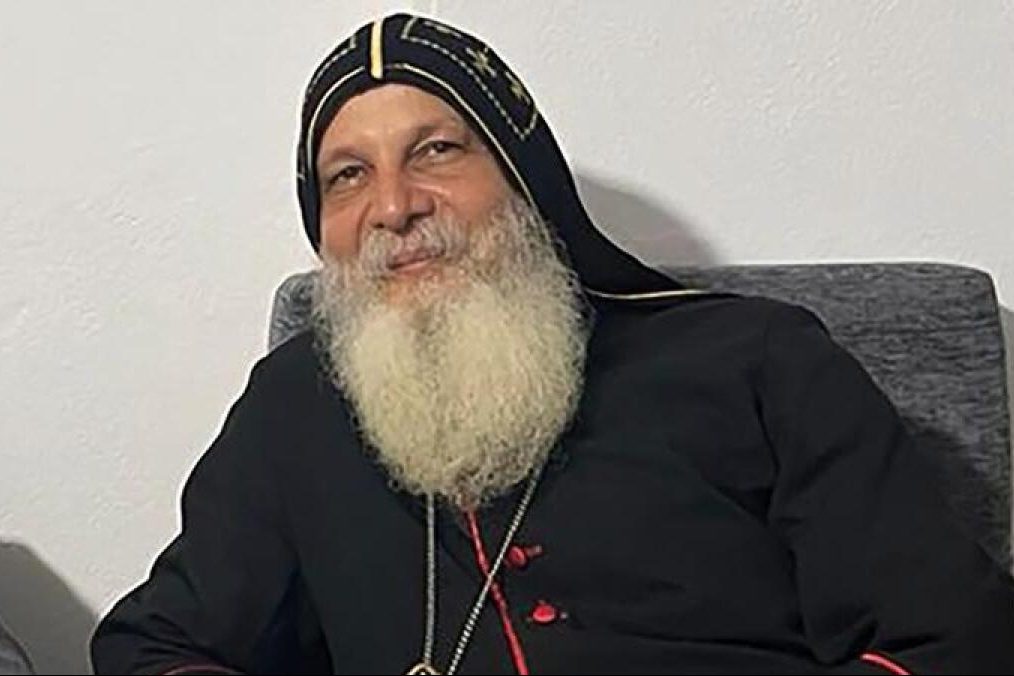WAS mankind created on the whim of a creator wanting to show his own cleverness? And what could possibly be the relationship of mankind to such a creator?

They are questions you don’t normally find posed in the theatre, so Nick Dear’s lean and penetrating stage adaptation of the novel may come as a shock to theatregoers expecting the Ensemble Theatre’s production of “Frankenstein” to be a tantalising horror show.
Most of it is not horrifying. On the contrary, Lee Jones’ physical realisation of the Creature without a name demands pity, not fear. Jones’ performance, likely to carry off all the top acting awards for 2013, is a tour de force where every gesture, every foot movement and every expression shows a creature asking himself, what am I?
Although there is a full cast in this play, most of the supporting characters with the exception of the blind man who educates the Creature, are mere accessories to the main antagonists, the supersmart Dr Victor Frankenstein, played by Andrew Henry and the hapless Creature he galvanises into life.
The playwright, in adapting Mary Shelley’s novel to the stage, has stripped the narrative back to make the father, the fiancée Elisabeth, the blind man and the forest-dwellers representatives of rectitude, love, humanity and prejudice rather than take up our time with extraneous characterisation.
Tightly directed by Mark Kilmurry, the action is largely set in a curtained laboratory, designed by Simone Romaniuk, but that becomes the laboratory of life, underscored by disturbing music composed for the production by Elena Kats-Chernin and performed by cellist Heather Stratfold.
Although there is a sympathetic episode where the blind man in the forest teaches the creature to speak and to use his intellectual faculties, the main action turns on a series of encounters between Frankenstein and his Creature, culminating in unsettling finale that lays out the scientist’s need to experiment and the Creature’s need to be loved.
Dear has taken Shelley’s prescient text and pulled out of it a tale of scientific hubris and mortal fallibility. It is not an easy night in the theatre but, in an age where scientific cloning is already reality, it is surely an essential one.
Who can be trusted?
In a world of spin and confusion, there’s never been a more important time to support independent journalism in Canberra.
If you trust our work online and want to enforce the power of independent voices, I invite you to make a small contribution.
Every dollar of support is invested back into our journalism to help keep citynews.com.au strong and free.
Thank you,
Ian Meikle, editor




Leave a Reply